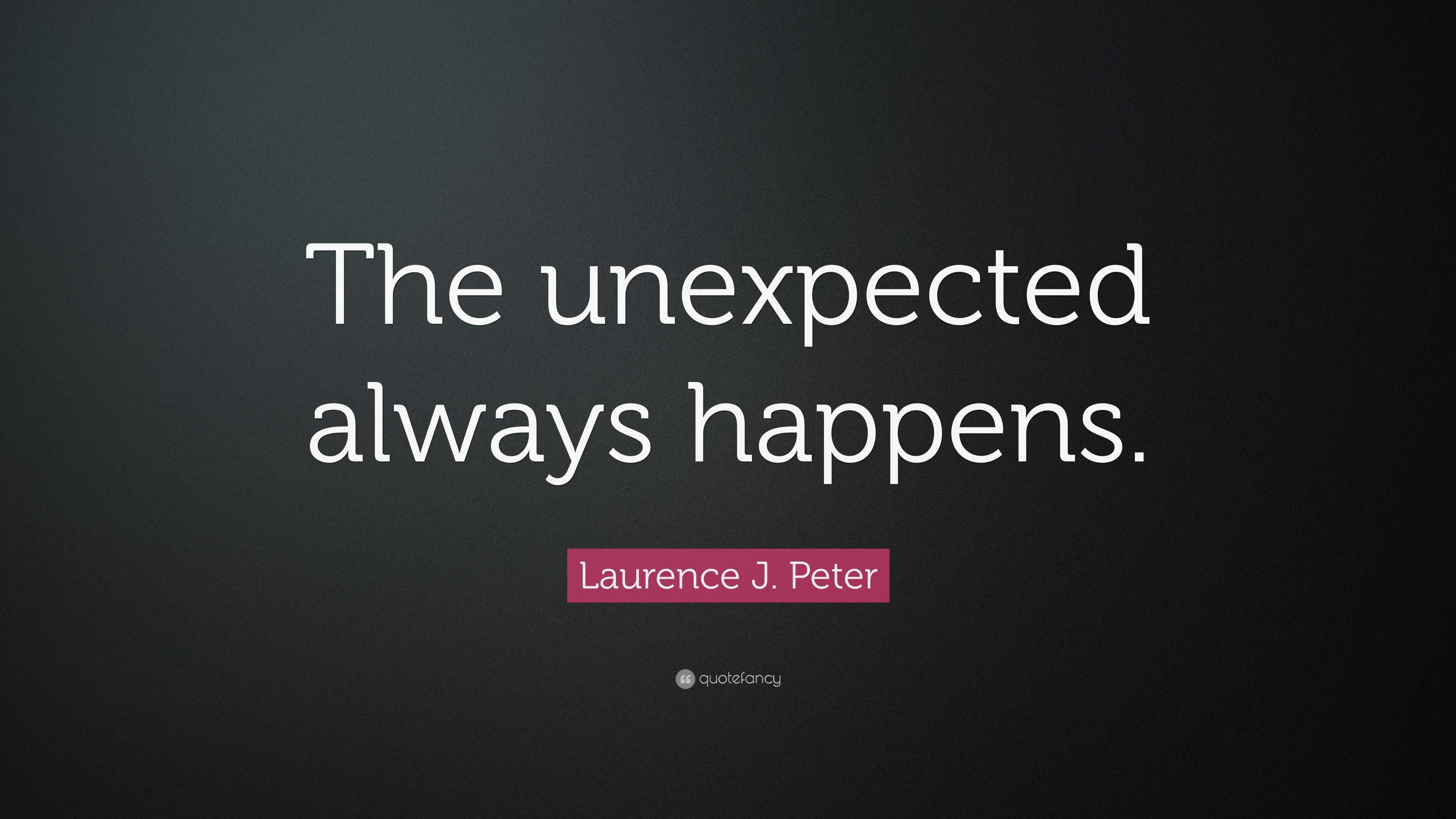Getting Unstucked - A thought
Sometimes when it feels like nothing is happening, it’s actually because something new is trying to emerge

Growing up, we were taught to be sure before we spoke. To think twice, to avoid mistakes, to not risk looking foolish. And that made sense, after all, certainty feels safe. The stakes only get higher as we grow older, and the cost of being wrong can be significant.
But lately, I’ve been wondering if our obsession with certainty is actually part of the problem.
Because the truth is, we’re never really certain. Not about life, not about the future, not even about ourselves.
If you had asked me years ago where I’d be today, I wouldn’t have had a clue. I never mapped out a detailed life plan, and yet, here I am. And I see so many people around me doing the opposite, trying to predict their futures, crafting five-year plans, setting rigid expectations for how life should unfold.
Wouldn’t it be nice if we could predict how things will turn out? If we could have complete clarity on what’s coming next? If we could eliminate uncertainty altogether?
But unless you have some kind of supernatural power, no one can do that. Sure, some people, the so-called elites, like to believe they can. The same ones who influence global economies, manipulate markets, and shape public perception. Yet even they get it wrong. They make bad investments. They spread misinformation. They cling to false narratives.
So if even the so-called experts can’t predict the future, why do we expect ourselves to?
I think where I’m going with this is simple: We spend so much time chasing certainty, but maybe that’s the wrong goal. Maybe the real focus should be on preparedness instead.
Because while we can’t predict the future, we can prepare for it.
Life operates on principles, universal patterns that have existed long before us and will continue long after we’re gone. We don’t invent them; we discover them. And the people who navigate uncertainty best aren’t the ones who make the best predictions, they’re the ones who are best prepared.
Morgan Housel, in Same as Ever, puts it this way: You can’t predict what the world will look like in fifty years, but you can bet that people will still react to greed, fear, opportunity, risk, uncertainty, social influence, and ambition in the same way they always have.
The stock market, politics, innovation, personal growth, even climate change, beneath all the fluctuations, the core behaviors stay the same. The details shift, but human nature doesn’t.
And that’s why the biggest risks in life aren’t the ones we see coming. It’s the ones we don’t.
That’s why betrayal stings, because you never thought that friend would leave. It’s why financial crashes ruin people, because they were convinced they had the market figured out. It’s why life’s hardest blows feel like they came out of nowhere.
But here’s the other side of it, people are also resilient. They adapt. They keep going. And that’s something worth remembering.
So maybe instead of obsessing over when the storm will come, we should focus on being the kind of people who can stand strong when it does. Maybe instead of saying, “This will pass in three months,” we should be asking, “How do I prepare myself, no matter how long it lasts?”
Because when you’re prepared, life’s blows don’t hit quite as hard. And if history has taught us anything, it’s that the unexpected always happens. It’s just a matter of time.
Of course, even with all the preparation in the world, there will still be things we aren’t ready for. And maybe that’s where faith comes in, faith in something bigger than us, something that sees the whole picture when we can’t.
For me, that faith is in Christ.
Preparedness + God. That’s the best plan I’ve got.